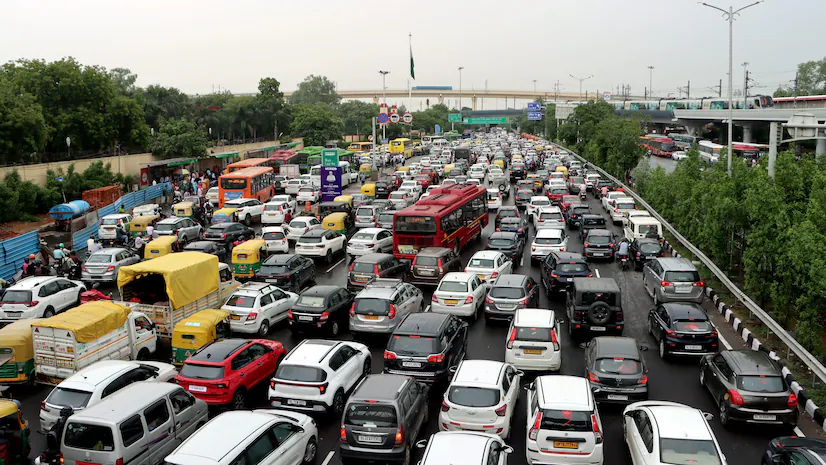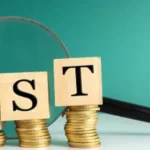The Delhi government’s sweeping ban on old diesel and petrol vehicles could boost the automobile and clean energy industries by ₹4.5 lakh crore. But critics warn of massive disruptions to livelihoods, affordability, and recycling infrastructure.

Source Image:business-standard
Delhi’s recent move to strictly enforce a ban on old vehicles—diesel cars over 10 years old and petrol vehicles over 15 years—could pave the way for a massive economic windfall of ₹4.5 lakh crore in the coming years. This shift is aimed at phasing out polluting vehicles to combat the capital’s deteriorating air quality, but it also opens up serious economic, social, and infrastructural questions.
According to official estimates, over 37 lakh vehicles fall under the banned category, including private cars, commercial fleets, auto-rickshaws, and two-wheelers. The government sees this as an opportunity to accelerate the adoption of EVs, boost auto sales, and expand green mobility infrastructure, which together could contribute significantly to GDP growth.
“The replacement of aging fleets can drive vehicle demand, green financing, and electric infrastructure,” said a senior transport department official.
However, the cost of this aggressive transition could be substantial—especially for small business owners, middle-class families, and public services reliant on older vehicles.
Economic Opportunity vs Human Cost:
The ₹4.5 lakh crore windfall could come through:
-
New vehicle sales (electric and hybrid)
-
Scrappage ecosystem growth
-
Battery production and green tech
-
GST and registration revenue
-
Infrastructure development (charging stations, clean fuels)
Yet, the scrappage mandate lacks sufficient compensation or exchange programs for low-income users. For many, buying a new vehicle—even a subsidized electric one—is unaffordable. Critics also point to the limited availability of EV infrastructure in several parts of the city and the slow rollout of scrapping centers.
Environmental experts have welcomed the policy, calling it a “bold but overdue” step in India’s fight against air pollution. However, they also stress that enforcement must be equitable and that the city’s public transport backbone must be strengthened first.
Concerns Raised by Citizens and Analysts:
-
Affordability crisis for low-income groups and small fleet owners
-
Job losses in the informal auto repair and transport sectors
-
Insufficient scrappage capacity and regulation
-
Delayed EV adoption due to infrastructure gaps
-
Impact on inter-state commercial operations relying on older trucks
Auto unions and citizens’ groups have requested a grace period or phased-out approach, but officials are standing firm, citing alarming pollution levels and a Supreme Court mandate on the issue.
Key Highlights (Bullet Points):
-
Over 37 lakh old vehicles banned in Delhi
-
Policy could unlock ₹4.5 lakh crore in clean mobility gains
-
Scrappage and EV ecosystems expected to boom
-
Major affordability, employment, and infrastructure concerns
-
Auto industry sees a sales boost but citizens demand more support














